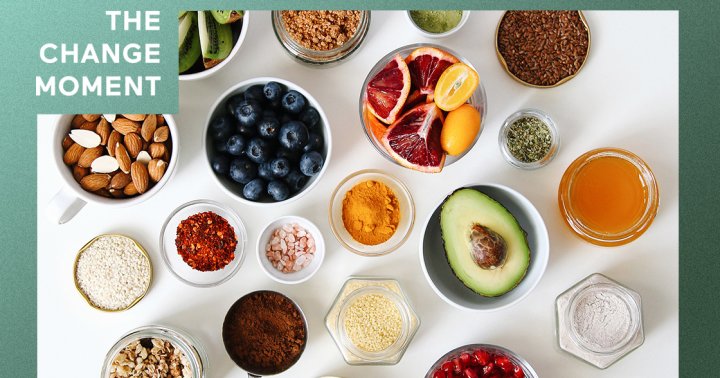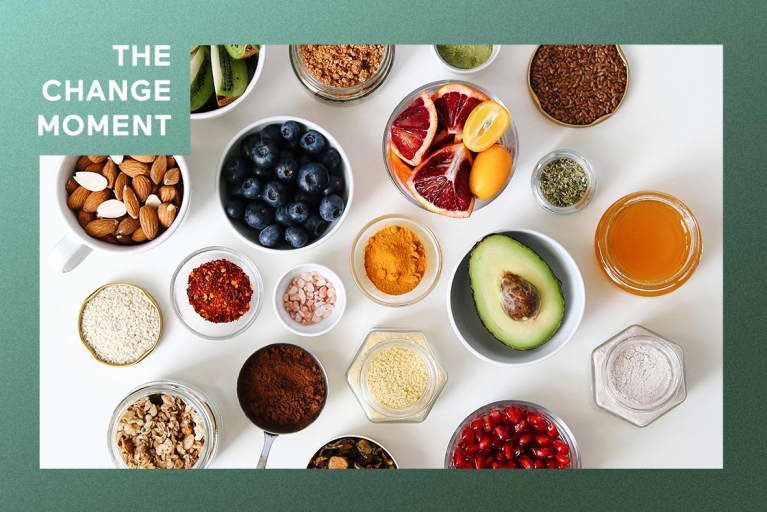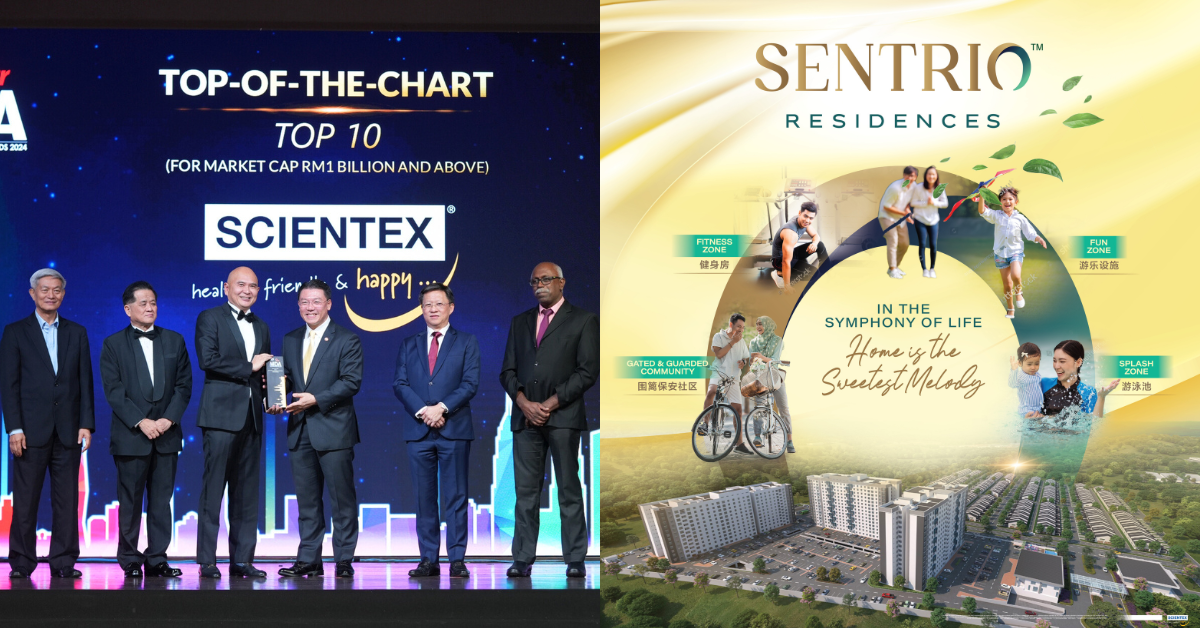I'm A Nutrition PhD: This Is How I Eat For My Health & The Planet Daily
What we eat can benefit our own health and the environment in some really remarkable ways.


Our editors have independently chosen the products listed on this page. If you purchase something mentioned in this article, we may earn a small commission.
When was the last time you had a change moment—an "aha" realization that set you down a new path? This April, in honor of Earth Month, mindbodygreen is hoping to inspire these moments through thoughtful storytelling about our planet. Welcome to The Change Moment, where you'll find personal stories, expert-backed tips, and thoughtful primers that will change the way you think about what sustainability really means and how to put it into practice.
My sustainability journey began in college as a nutrition science major. It was there that I first learned about the connections between our own personal health and the foods we eat. Then, in 2008, I read the book, Whose Water Is It Anyway, detailing the necessity of adequate water to grow the foods we need to survive. This eye-opening read led me down the path of studying climate change and its effects on food security—specifically in Ethiopia, a country that depends on rain for most of its food needs.
While in Ethiopia, I met dozens of individuals who migrated from their farming villages into the capital city, Addis Ababa, because they hadn’t received enough rain to grow food. They came to Addis to earn a cash income so they could buy enough imported foods to feed their families for that harvest year. They hoped that the move would be temporary and they'd be able to return home during the next harvest season when the rains returned. For many of these families, farming was their livelihood. Without it, they'd lose their culture, their way of life, and be at extreme risk for malnutrition. To them, climate stability meant everything.
From this experience, I realized just how much climate change can affect humanity's ability to grow enough food for a growing population. The impact of an increasingly erratic environment is very apparent in places like Ethiopia, but it's taking its toll everywhere. In parts of the United States, for example, groundwater is drying up and topsoil is blowing away, potentially leaving us in a situation where our own food security is also at risk.
And it isn’t just that climate change will affect our ability to grow food. It's also that the foods we eat affect the environment, sometimes in a negative way.
For example, it takes 10 times as much land to produce one gallon of cow’s milk as it does to produce one gallon of oat milk. Likewise, it is possible to grow 1,000 times more calories of plant-based foods, such as wheat, on one acre of land as calories from beef on that same acre of land. And, when you consider how much of our greenhouse gases come from animal agriculture—more than all the cars, planes, trains, and ships in the world—you quickly realize just how much what we eat affects the environment.
Pairing climate-friendly food with balanced nutrition.
As I grappled with these ugly realities about the connection between climate and food in Ethiopia, I also formed a deeper understanding of how nutrition can prevent and sometimes even reverse chronic diseases such as diabetes, heart disease, stroke, and cancer.
Functional Nutrition Training
A cutting-edge nutrition deep dive taught by the world’s foremost health & wellness experts.

By the time I gave birth to my son in early 2014, I was already a plant-based consumer for health reasons. Yet, I couldn’t ignore everything I had learned about the food-environment connections and the environment-food connections. So, I doubled down on plant-based eating for health, for sustainability, and for environmental reasons. I do it for my son and his generation.
As I write about at length in my new book, Recipe For Survival: What You Can Do to Live a Healthier and More Environmentally Friendly Life, when we eat a whole-foods, plant-based diet, we not only improve our own health, but we also help the environment support our children’s future in the following ways:
While it may seem challenging to follow a whole-foods, plant-based diet, here are my top tips to make it doable, achievable, and scrumptious for the whole family to enjoy:
It took me a long time to realize how what we eat can benefit our own health and the environment; the knowledge I’ve gained in this time has made me healthier and more environmentally friendly and has given me the tools to help you and your family achieve these benefits now. Good eating!
https://www.mindbodygreen.com/articles/how-to-eat-for-planet-daily-from-climate-and-nutrition-expert

 Lynk
Lynk 































